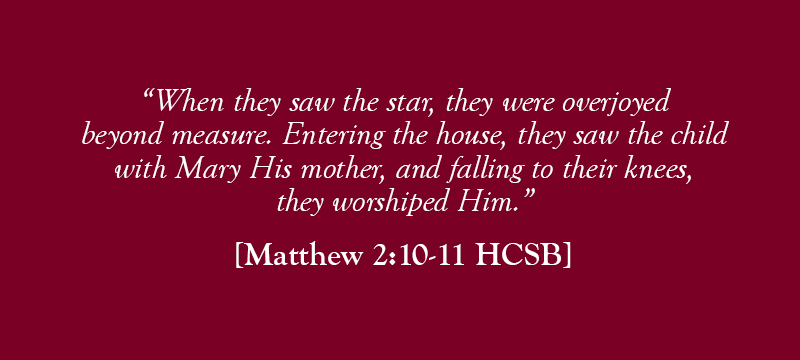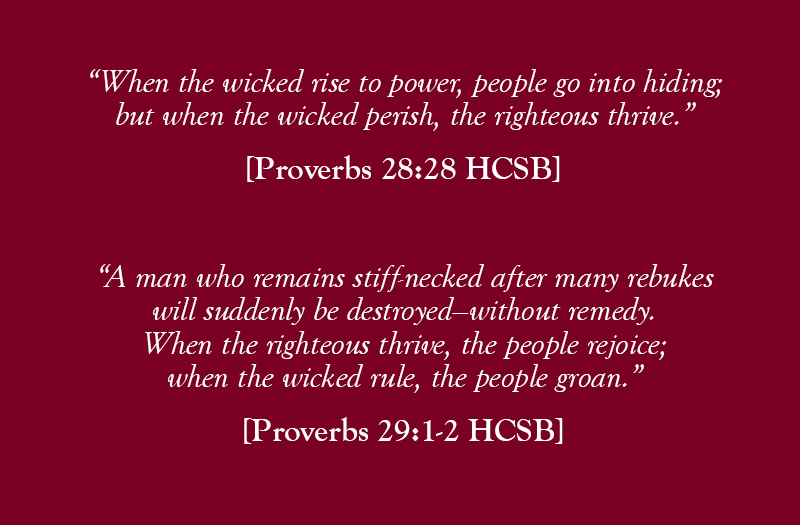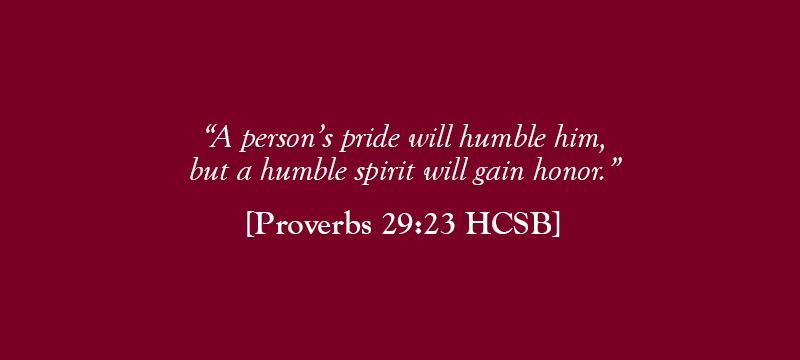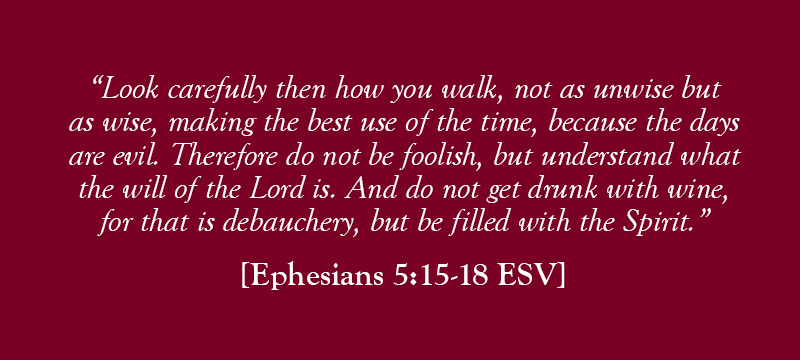Great Greek greeting This past year, the video game Assassin’s Creed Odyssey was a smash hit. For Grecophiles, it was delightful to watch the rest of the world engage with the golden age of Greece. The scenery, linguistics, and characterization displayed careful scholarship. [In fact, there were only a few errors I noticed, mostly silly emphases tied to modern political correctness.] One of the best parts was the greeting of “grace” spoken by characters as they began or concluded conversations. This was common courtesy in the Hellenized world, and the game shows it well. It also displays that the source of that wish for grace was the speaker. For example, if I were to address the local butcher, I might say, “Master butcher, grace to you.” But the source or granter of that grace often wouldn’t be named. The assumption was that I was the giver of grace. It is such a world that the Apostle Paul gives his greetings to churches. The power of Ephesians 1:2 smashes the trite greetings of the Greco-Roman world. He offers grace and peace [an addendum seen fairly regularly in Greek letters], but declares that the source is not the human apostle. The gift is sent by God the Father and God the Son! Further, to the Christians, God is “our” Father and Jesus our Lord. That’s a whole new level of grace greeting! We have grace, not because some tent-maker wished us well but because God the Father and Son have given what we don’t deserve and cannot earn – membership in the kingdom of God. Grace and peace indeed. God bless, Wayne |





